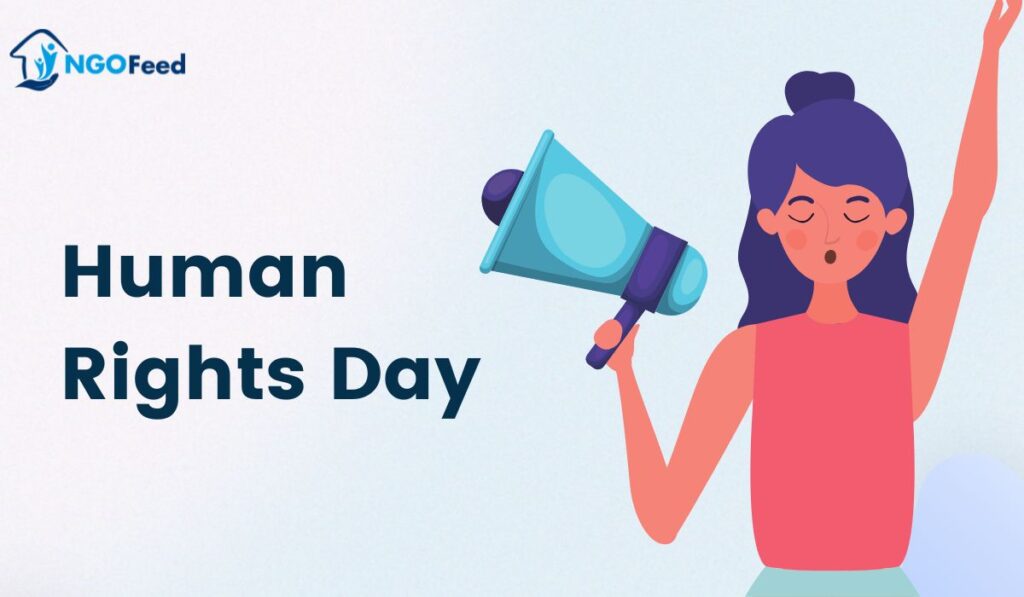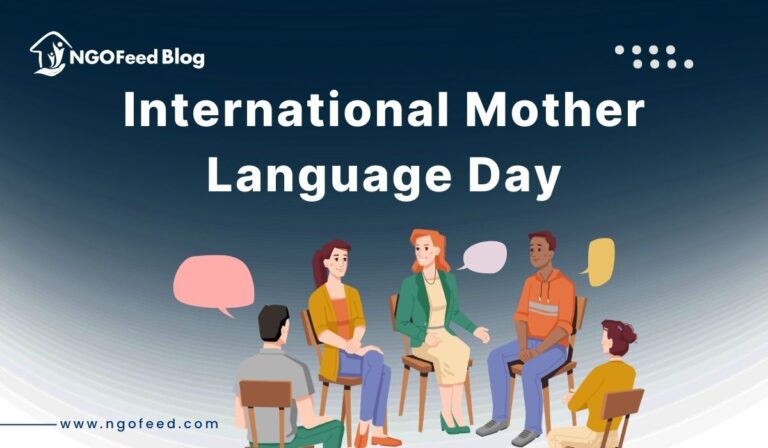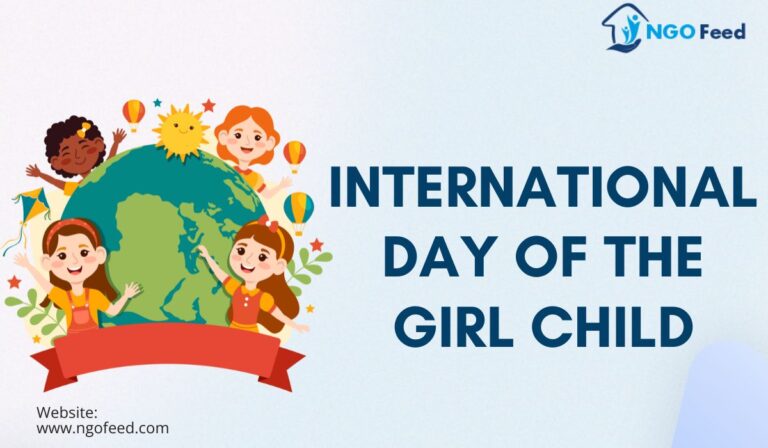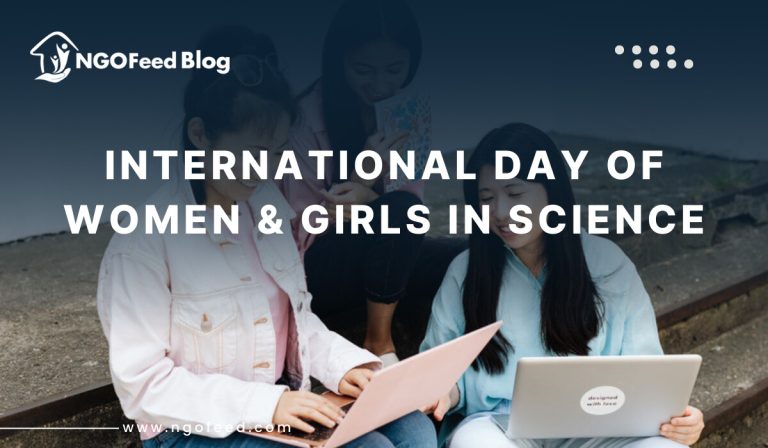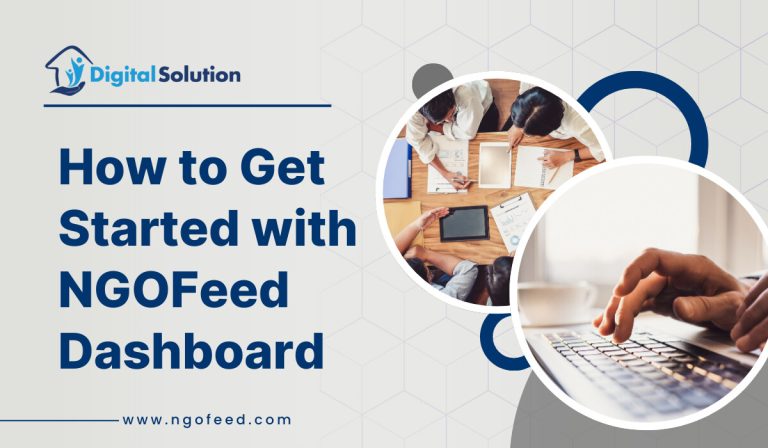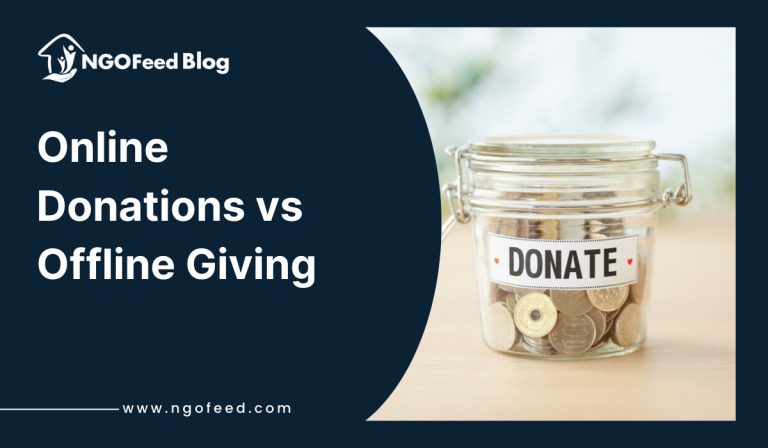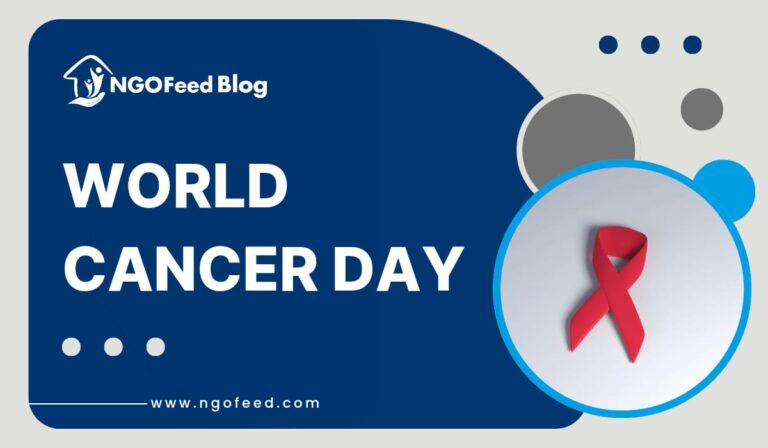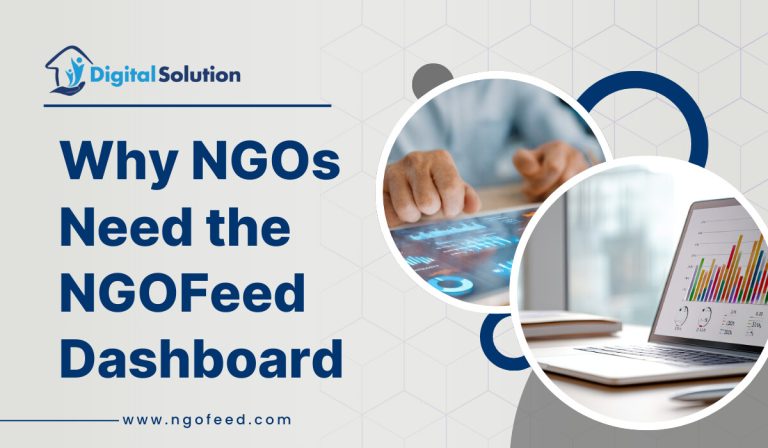Globally on December 10, the world unites to honor Human Rights Day, a day to recall our human rights and a moment to appreciate fundamental Rights that define our shared humanity. In 1948, the United Nations General Assembly passed a Document which is the Universal Declaration of Human Rights that stands as a beacon of hope, ensuring dignity, equality, and justice for all, regardless of race, gender, or creed.
The day is a powerful reminder for every human to uphold and protect their rights responsibly. The theme of Human Rights Day 2024 “Our Rights, Our Future, Right Now” highlights the importance of knowing and practicing the laws right now for an impactful and better future. So let us unite this December 10 to celebrate Human Rights Day and to celebrate the spirit of solidarity and commitment.
Table of Contents
The History Behind Human Rights Day
After the dark period of World War II, humanity realized the importance of the laws that need to be made for the peace of humankind. Recognizing the need for change, the United Nations General Assembly decided to define essential rights for which a committee was created chaired by Eleanor Roosevelt that made the Universal Declaration of Human Rights (UDHR), a document outlining the universal principles of justice, dignity, and equality.
Also Read: NGOs in Human Rights Protection
On December 10, 1948, UDHR was adopted by the United Nations General Assembly. The document consists of 30 articles defining essential rights—from the right to life and freedom of expression to the prohibition of slavery and torture—it laid the foundation for modern human rights movements and laws worldwide. 10 December was established as Human Rights Day to celebrate the adoption of UDHR and remind the nations of their commitment to uphold these principles responsibly.
The Importance of Human Rights Day
Human Rights Day is not just a day on the calendar, it’s a reminder to utilize the rights we got back in the day for the creation of humanity. The day underscores the importance of standing against oppression, discrimination, and inequality. It highlights ongoing struggles for freedom and fairness, empowering marginalized voices and inspiring change.
The day highlights the essential principles of dignity, equality, and justice, serving as a call to action for individuals and nations to protect and promote human rights. On this day we should reaffirm our commitment to creating a world where everyone’s rights are respected and protected. These universal values bind us together while reminding us that progress is possible when we come together to defend the freedoms and rights of all.
The theme of 2024 Human Rights Day
The theme of Human Rights Day 2024 is “Our Rights, Our Future, Right Now”. The theme of 2024 focuses on how our rights can be enforced for a better future. Human rights are our basic practices that we exercise regularly knowing our rights can impact in creating a peaceful, equal, and sustainable future.
Some of the powerful themes over the years are:
- 2022: “Dignity, Freedom and Justice for All”
- 2021: “Equality – Reducing inequalities, advancing human rights”
- 2020: “Recover Better – Stand Up for Human Rights”
- 2019: “Youth Standing Up for Human Rights”
- 2016: “Stand up for someone’s rights today”
- 2015: “Our Rights. Our Freedoms. Always”
Also Read: Role of NGO in Human Rights
Challenges to Human Rights Today
Despite progress and innovation, the fight for human rights remains an ongoing battle, today challenges like political oppression to systematic inequalities not only affect the individual but also the community which demands urgent attention and collective actions. Some of the key issues are:
- Economic Inequality: poverty has been a major issue that deprives millions of people of access to essential rights and services like education, and healthcare perpetuating the cycle of inequality.
- Political Oppression: increasing restrictions on civil liberties, such as freedom of speech and assembly, undermine democratic values and human rights.
- Discrimination: Marginalized groups continue to face barriers based on race, gender, religion, ethnicity, or sexual orientation, hindering their access to equal opportunities and justice.
- Lack of Access to Education: Millions of children, particularly in conflict zones and impoverished regions, are denied the right to quality education, leading to generational poverty.
- Hate Speech and Online Harassment: The rise of digital platforms has also facilitated hate speech, cyberbullying, and misinformation, posing threats to mental health and societal harmony.
These challenges need immediate attention while Addressing these challenges requires a collective commitment to advocacy and policymaking to ensure human rights remains a keystone of humanity’s progress.
Also Read: Role of UNHRC in Safeguarding Human Rights
The Role of Governments and NGOs in Advancing Human Rights
Governments play a fundamental role in ensuring the protection and promotion of human rights. The government has the authority to create and enforce policies that can help in upholding the rights and principles of dignity, equality, and injustice. Beyond legislation, governments must foster robust judicial systems that hold violators accountable, ensure transparency, and provide equal access to justice. Collaboration of governments with local bodies can strengthen their capacity to address complex challenges like poverty, discrimination, and human trafficking.
Non-governmental organizations (NGOs) act as key catalysts for promoting human rights. When government efforts fall behind, NGOs play a vital role in amplifying the voices of marginalized communities. NGOs work at the grassroots and provide essential aid to the victims. India is home to many NGOs protecting and promoting human rights in diverse ways. An organization like the Human Rights Law Network (HRLN) provides legal assistance to marginalized groups and addresses issues such as labor rights, gender equality, and environmental justice.
CRY (Child Rights and You) works tirelessly to ensure the rights of underprivileged children to education, health, and protection. NGOs like Oxfam India focus on reducing inequality through programs that address poverty, healthcare, and education. Furthermore, NGOs play a critical role in educating communities about their rights and building public awareness to challenge societal norms that perpetuate inequality and exclusion.
What Can You Do to Celebrate Human Rights Day?
Human Rights Day is celebrated every year on 10 December. You can also participate and have a meaningful day. Here are some impactful ways to celebrate Human Rights Day.
- Educating yourself with rights, and familiarizing yourself with the 30 articles mentioned in UDHR is a great way to start.
- You can also watch and be part of discussions online or offline regarding pressing human rights issues.
- Use digital platforms to spread awareness and show your active participation in the Human Rights Day celebration. You can use hashtags like #HumanRightsDay or #StandUp4HumanRights on social media.
- Supporting organizations that work for human rights financially.
- You can also offer your time and skills to assist in campaigns and events as a volunteer.
- You could raise awareness through blogs, videos, or posts regarding human rights violations and solutions.
- You can contribute majorly by speaking against discrimination if you witness any injustice.
Also Read: UNDP and Its Partnership with India
Conclusion
In conclusion, Human Rights Day serves as a powerful reminder of our collective responsibility to uphold equality, dignity, and freedom for all. It celebrates the progress made in safeguarding human rights while inspiring us to address ongoing challenges. By advocating for justice, embracing diversity, and promoting inclusivity, we can contribute to a world where fundamental rights are not privileges but universal guarantees. Let us commit to fostering a future where every individual’s voice is heard, respected, and protected. Together, we can turn the promise of human rights into a reality for the coming generations.

